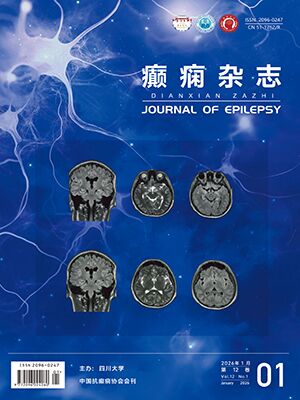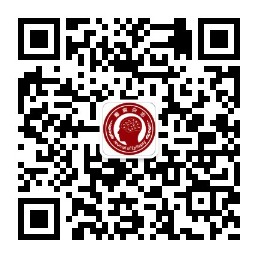| 1. |
中國抗癲癇協會.臨床診療指南-癲癇病分冊. 北京: 人民衛生出版社, 2015, 2: 1-5.
|
| 2. |
尹延肖, 余年, 狄晴. 癲癇發作誘發因素的研究現狀. 癲癇雜志, 2017, 3(4): 310-314.
|
| 3. |
Nakken KO, Solaas MH, Kjeldsen MJ, et al. Which seizure-precipitating factors do patients with epilepsy most frequently report? EpilepsyBehav, 2015, 6(1): 85-89.
|
| 4. |
Sperling MR, Schilling CA, Glosser D, et al. Self-perception of seizure precipitants and their relation to anxiety level, depression, and health locus of control in epilepsy. Seizure, 2008, 17: 302-307.
|
| 5. |
Balamurugan E, Aggarwal M, Lamba A, et al. Perceived trigger factors of seizures in persons with epilepsy. Seizure, 2013, 22: 743-747.
|
| 6. |
Samsonsen C, Sand T, Br?then G, et al. The impact of sleep loss on the facilitation of seizures: a prospective case-crossover study. Epilepsy Res, 2016, 127: 260-266.
|
| 7. |
李冬青, 楊健. 兒童睡眠與癲癇. 世界睡眠與醫學雜志, 2015, 2(5): 302-307.
|
| 8. |
孫紅斌, 馮芹, 范真, 等. 睡眠與癲癇關系的研究進展. 臨床神經病學雜志, 2016, 9(4): 308-310.
|
| 9. |
孫彩霞, 孫美珍, 劉丹丹, 等. 睡眠與癲癇. 中華腦科疾病與康復雜志, 2016, 6(3): 181-183.
|
| 10. |
楊景暉, 湯春暉. 兒童特發性癲癇與睡眠的相關性研究. 現代預防醫學, 2012, 39(11): 2713-2714.
|
| 11. |
Lunardi Mdos S, Sukys-Claudino L, Guarnieri R. Seizure precipitants and inhibiting factors in mesial temporal lobe epilepsy. J Neurol Sci, 2011, 308(1-2): 21-24.
|
| 12. |
van Campen JS, Jansen FE, de Graan PN, et al. Earlylife stress in epilepsy: a seizure precipitant and risk factor for epileptogenesis. Epilepsy Behav, 2014, 38: 160-171.
|
| 13. |
胡薇薇, 陳忠. 應激在癲癰發病中的作用. 國外醫學(神經病學神經外科學分冊), 2003, 30(4): 312-313.
|
| 14. |
馮瑞華. 小兒癲癇發作與睡眠和飲食的相關性研究. 世界睡眠醫學雜志, 2018, 5(7): 858-860.
|
| 15. |
方筱靜, 王薇薇, 吳遜. 酒、咖啡、煙對癲癇的影響. 醫學研究雜志, 2016, 45(1): 184-186.
|




